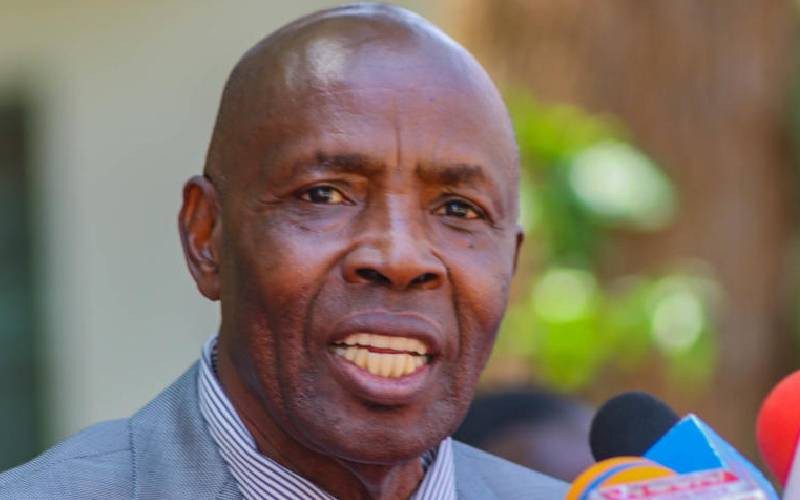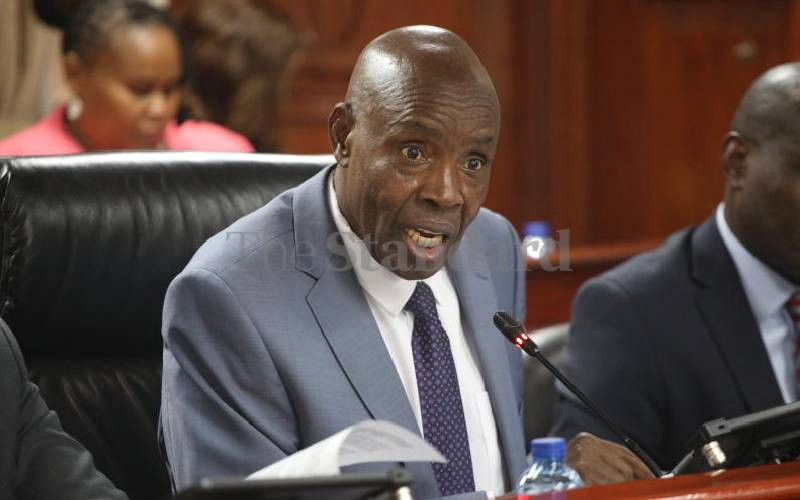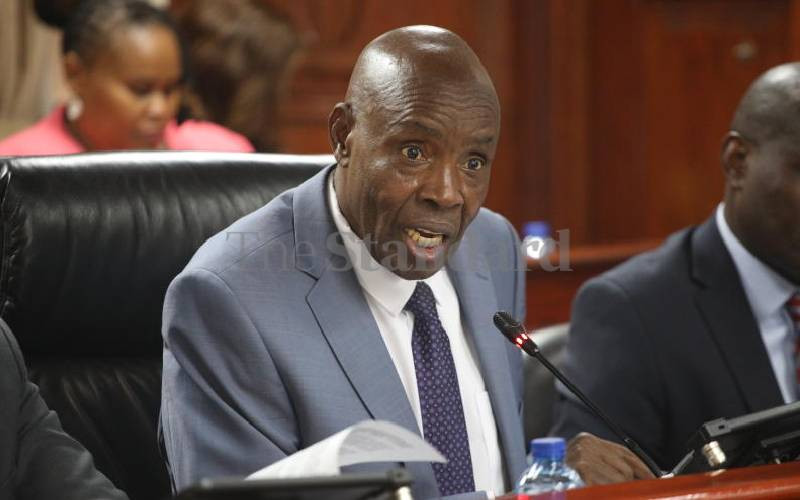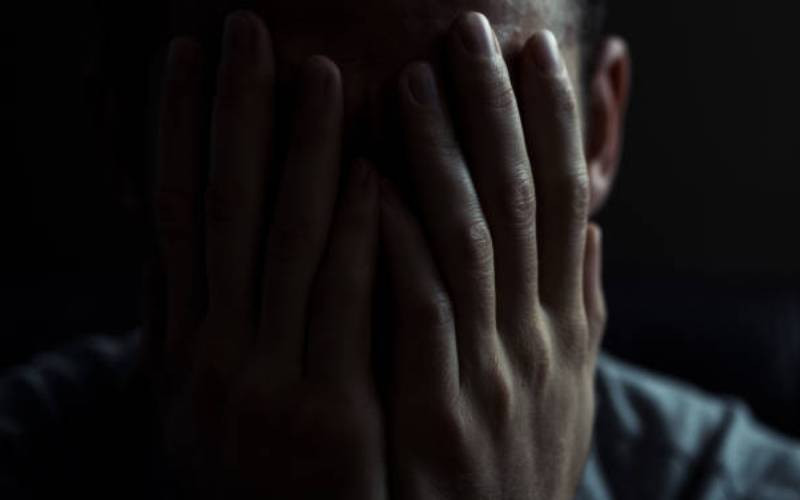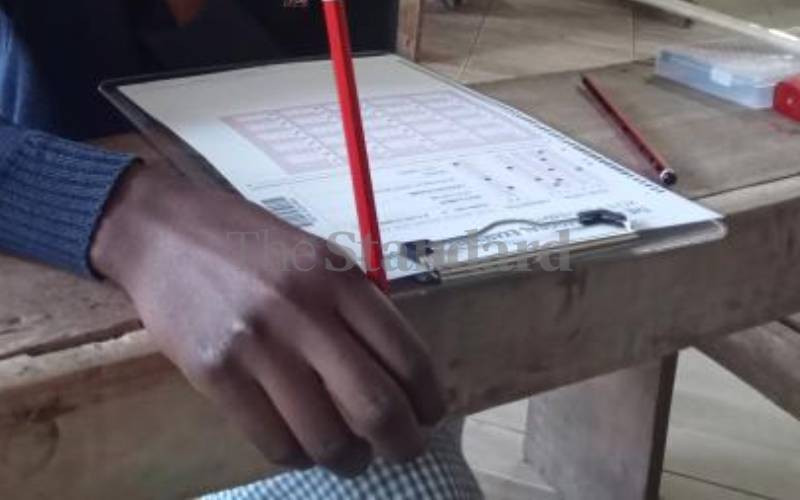
The tragedy of stealing examinations today hardly illuminates the magnitude of social devastation that will visit this country tomorrow. Exam theft networks seem to have desensitised the public from visualising the full implications of the crime as there hasn’t been much public anger.
In 1960s a Kikuyu social critic, artiste HM Kariuki of the Mwomboko fame, sang “… mwendia wa Kenya aroinika ruhonge; nacio ciana ciake irorio ni mangu” (may the one auctioning Kenya break his hip bone, and his children be consumed by leprosy). HM fathomed the existential threat of corruption to Kenya. He refused to be blinded by tribal loyalty, and narrow nationalism in the newly independent country then.
He piercingly decried Kenya’s tragic fall into the hands of self-proclaimed ‘shareholders’, a courageous protest only comparable to his namesake JM Kariuki’s exposition of Kenya’s slide into a country of ‘10 millionaires and 10 million beggars’.
That anger over uncertainty visited upon the country by the greedy is no longer evident among artistes and social reformists. Activists did not see the need to explore the nature of the 1,000 examination malpractices in 2023 reported by Education CS Ezekiel Machogu. Even the mystery of 30 students in a class, all scoring 75 per cent in one subject, did not stir fury. Kenyans need the foresight of HM to prepare for the day those with stolen exam results will come of age and take charge of ‘building’ the nation as surgeons, pharmacists, engineers, judges, pilots, security personnel, accountants, and managers at Kenya Power and Independent Electoral and Boundaries Commission.
Since the Ominde Education Commission of 1964 opened school doors to all children, the greedy whom HM hoped would be hit by leprosy, circumvented the envisaged pro-people changes. They converted education from a public good to a political weapon. Education became a commercialised and contested tool for amassing material wealth. Access to education divided the country into shareholders, certain of their future on account of money, and the uneducated majority with no certainty of their future on account of low capacity to ‘buy’ it.
The watchdog voices have lagged behind or are compromised. Buying of exams takes place every year. The public, too hypnotised that their tribespeople with ‘bought’ results also deserve to triumph over adversity, no longer see the need for exam integrity. Public vigilance is low. Public discourse is trivialised by cheap blame games about which tribe is stealing. The capacity to engage as responsible citizens is lost.
It is a paradox: It is the boy or girl with stolen exam results in 2023 who in 2033 will be called upon to train his/her guns on the exam theft syndicates. Today, the media reports about graduates with Bachelor, Master’s and PhD degree certificates who are jobless. Some of them operate as taxi drivers. But this still does not cause indignation to policymakers. The tired public does not get a peek view of how some of the certificates were obtained.
Yet, these sad cases emerge side by side with others about extremely innovative Kenyans whose poor backgrounds in village schools never dented their morale. They went to dilapidated schools but performed well. They went to college and despite living on one meal per day they now showcase their unique talents be it in music, scholarship or business. They had no money to buy a future so they earned it the hard way. Their deprivation did not make headlines nor did the transformative power of education they demonstrated, encourage reprimand of the exam thieves.
The intellectual rigour, discipline and originality of thought that would be demanded of the youth, has been short-changed. Let Kenya not be a country where exam thieves own grades and brandish certificates to occupy spaces meant for those with intellectual and moral dispositions to discharge huge responsibilities. We must realise that when a few ‘buy’ the future for their children, they steal the future of the majority of Kenyans.
The writer is a veteran journalist.
 The Standard Group Plc is a
multi-media organization with investments in media platforms spanning newspaper
print operations, television, radio broadcasting, digital and online services. The
Standard Group is recognized as a leading multi-media house in Kenya with a key
influence in matters of national and international interest.
The Standard Group Plc is a
multi-media organization with investments in media platforms spanning newspaper
print operations, television, radio broadcasting, digital and online services. The
Standard Group is recognized as a leading multi-media house in Kenya with a key
influence in matters of national and international interest.
 The Standard Group Plc is a
multi-media organization with investments in media platforms spanning newspaper
print operations, television, radio broadcasting, digital and online services. The
Standard Group is recognized as a leading multi-media house in Kenya with a key
influence in matters of national and international interest.
The Standard Group Plc is a
multi-media organization with investments in media platforms spanning newspaper
print operations, television, radio broadcasting, digital and online services. The
Standard Group is recognized as a leading multi-media house in Kenya with a key
influence in matters of national and international interest.


